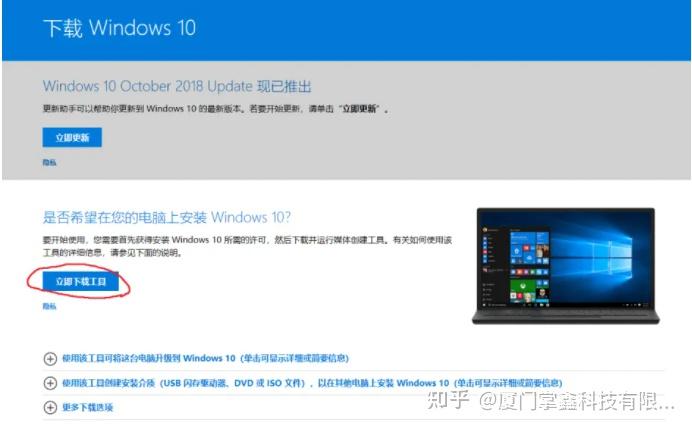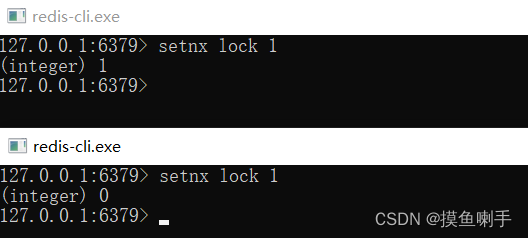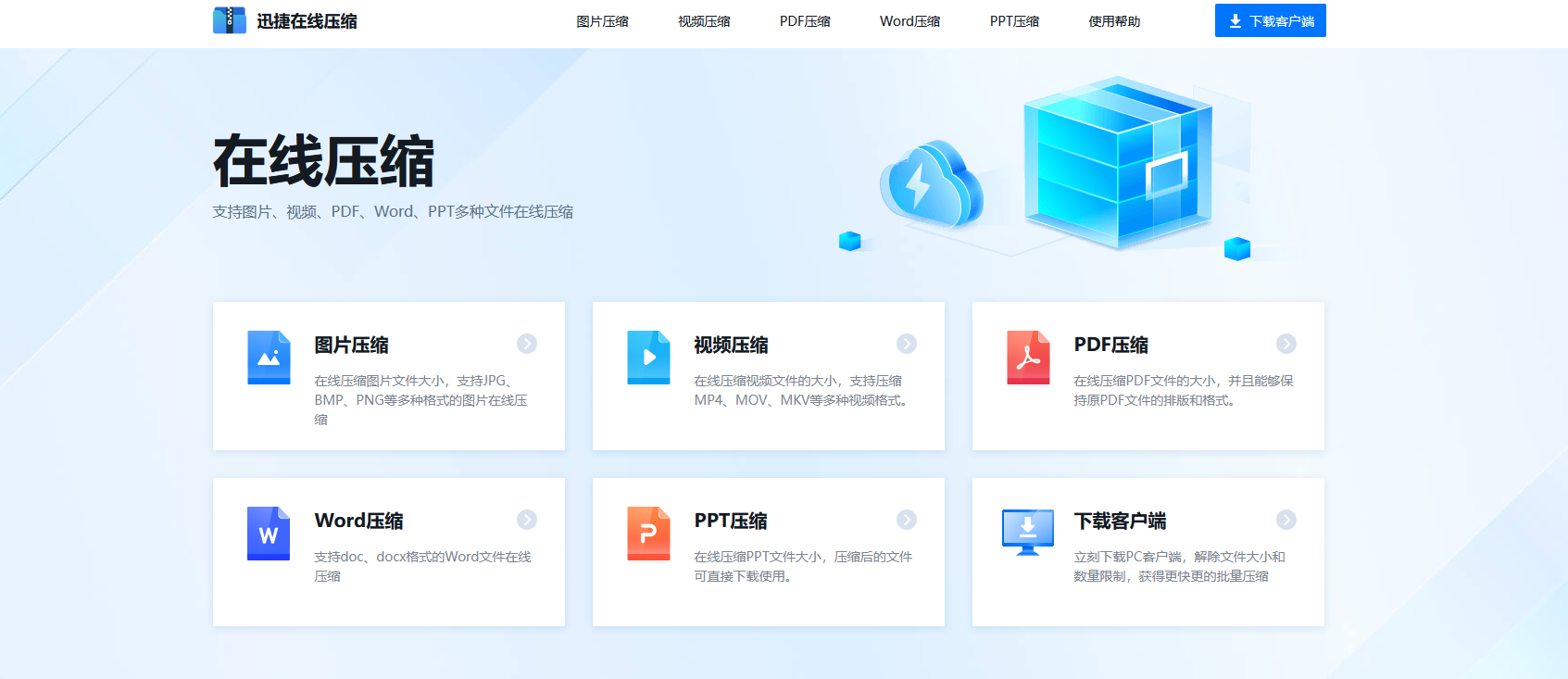Apache Tomcat has its own implementation of several key elements of API. This implementation is called JULI. The key component there is a custom LogManager implementation, that is aware of different web applications running on Tomcat (and their different class loaders). It supports private per-application logging configurations. It is also notified by Tomcat when a web application is unloaded from memory, so that the references to its classes can be cleared, preventing memory leaks.
This implementation is enabled by providing certain system properties when starting Java. The Apache Tomcat startup scripts do this for you, but if you are using different tools to run Tomcat (such as jsvc, or running Tomcat from within an IDE), you should take care of them by yourself.
More details about java.util.logging may be found in the documentation for your JDK and on its Javadoc pages for the package.
More details about Tomcat JULI may be found below.









